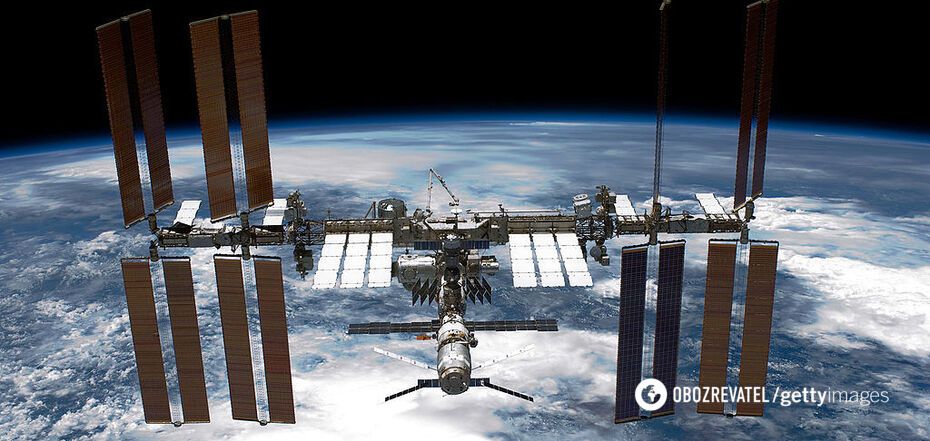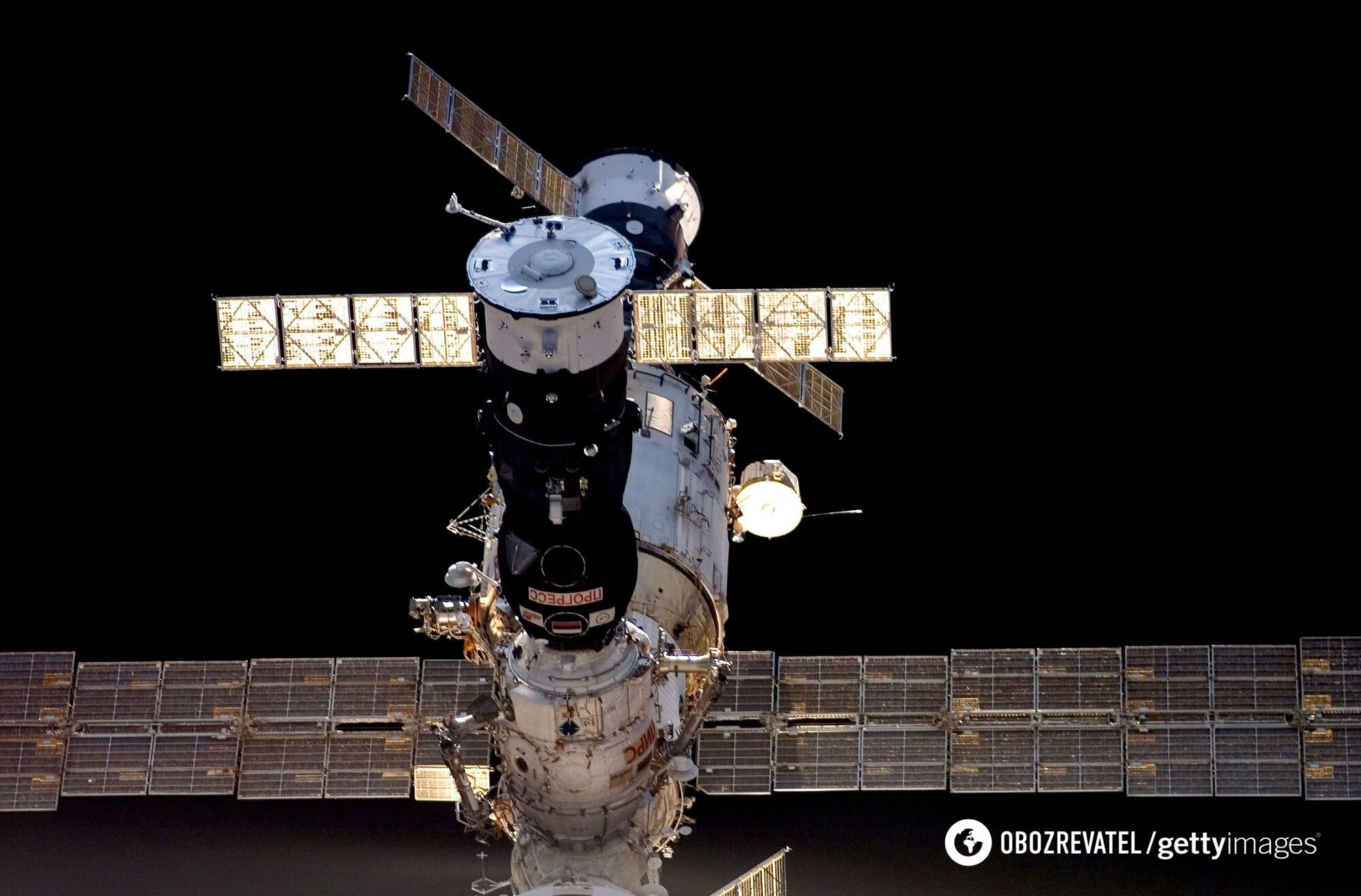News
Roscosmos hits rock bottom once again: ISS reports wild stench after docking with a Russian spacecraft
After docking with the Russian Progress 90 spacecraft, a terridble stench appeared on board the International Space Station (ISS). The astronauts were scared because of the "toxic smell."
The Russian crew quickly donned protective gear and activated an additional air purification system aboard their ISS segment. NASA said that the air was stabilized, but the hatch between the Russian modular and cargo ships is still closed, DailyMail reports.
Progress 90 docked with Russia's Poisk module on Saturday, delivering three tons of food, fuel and supplies for Expedition 72 crew members aboard the ISS.
Roscosmos cosmonauts noticed the odor immediately after opening the hatch. NASA astronaut Don Pettit also reported a smell similar to "spray paint," the agency said.
The Russian crew activated an additional air purification system. NASA reported that the American side of the orbiting laboratory has also activated its own purification system.
"Space station air scrubbers and contaminant sensors monitored the station's atmosphere following the observation, and on Sunday, flight controllers determined air quality inside the space station was at normal levels," NASA said.
The agency assured that there is no concern for the crew, but the hatch between the Russian modular and cargo ship remains closed.
It is planned that Progress 90 will be docked to the ISS for about six months before returning to Earth.
The "toxic smell" comes a few months after a report that NASA and Roscosmos are monitoring 50 "areas of concern" related to a growing air leak aboard the ISS.
The US space agency called the cracks in the Russian service module the "top safety risk," raising the threat rating to five out of five possible.
Although the problem has been known since 2019, the exact source of the leak is still a mystery, experts say.
According to them, all potential cracks have been covered with a "combination of sealant and patches." Still, NASA warned that the leak reached its fastest level in April of this year, rising from 0.09 kg to 1.68 kg of air daily.
Concerns about the safety of the station are now so great that NASA has agreed with Roscosmos to open the hatch only when necessary, keeping it sealed in the evening.
Only verified information is available on our Telegram channel OBOZ.UA and Viber. Do not fall for fakes!




























